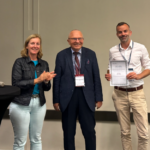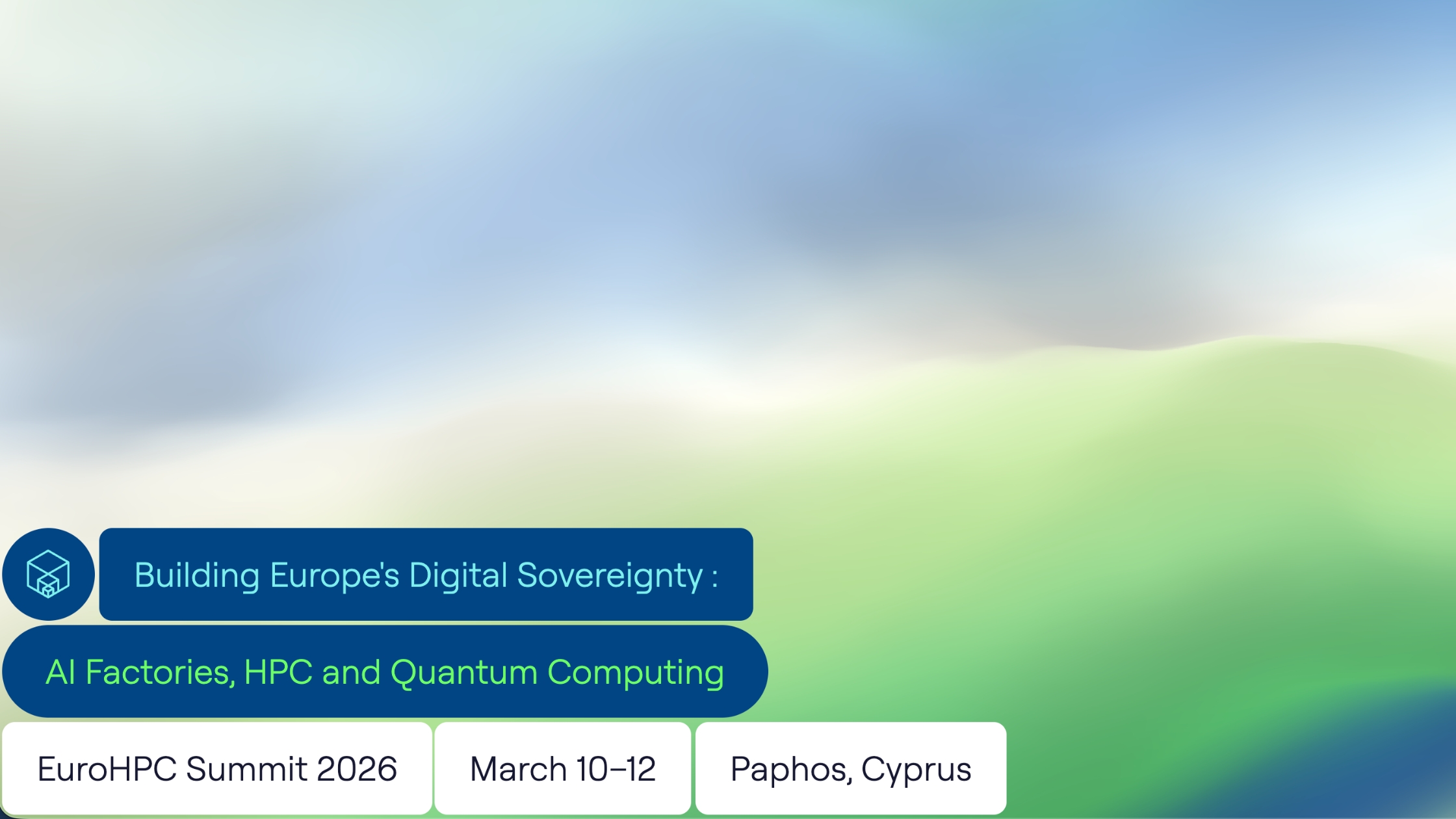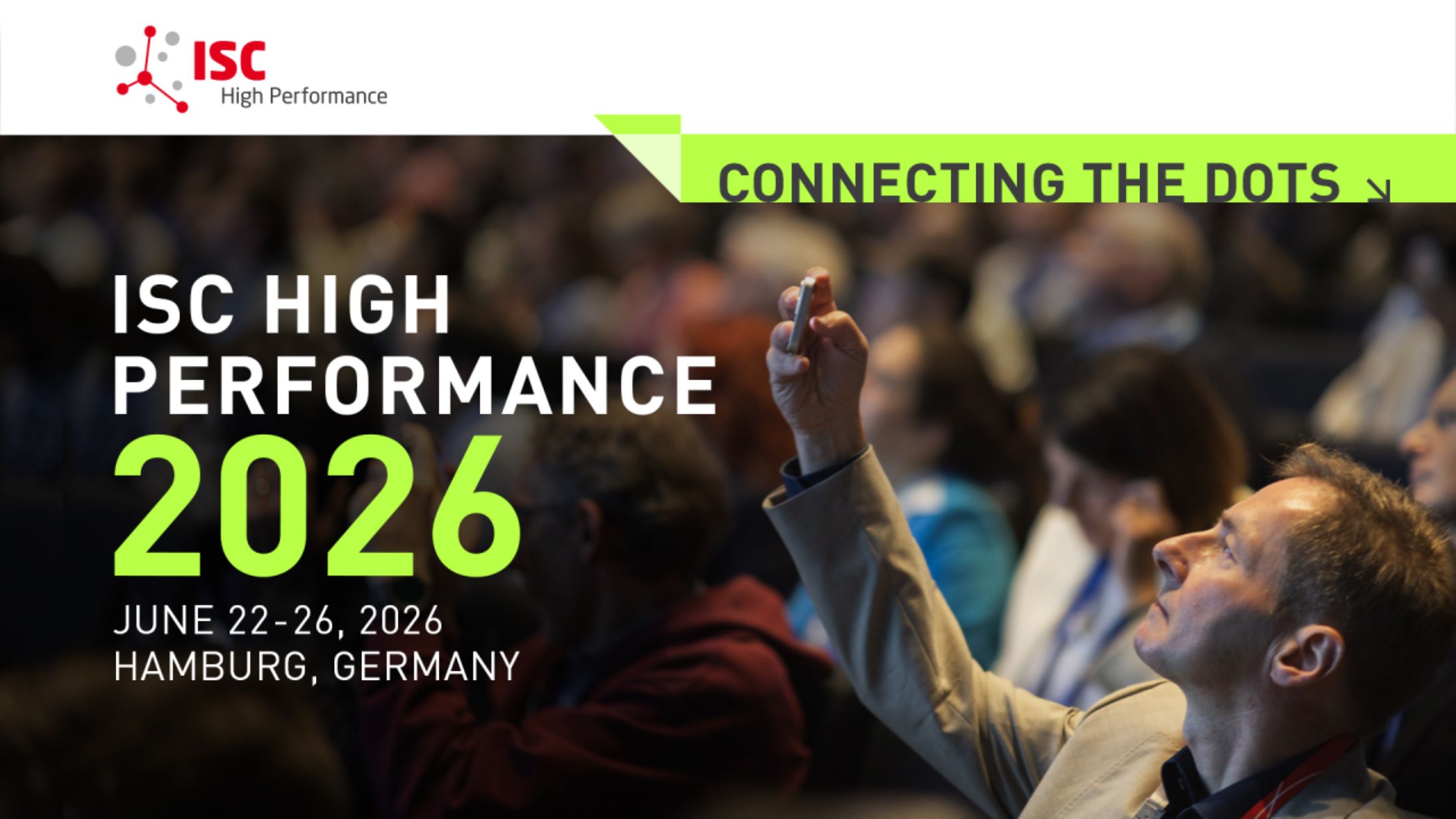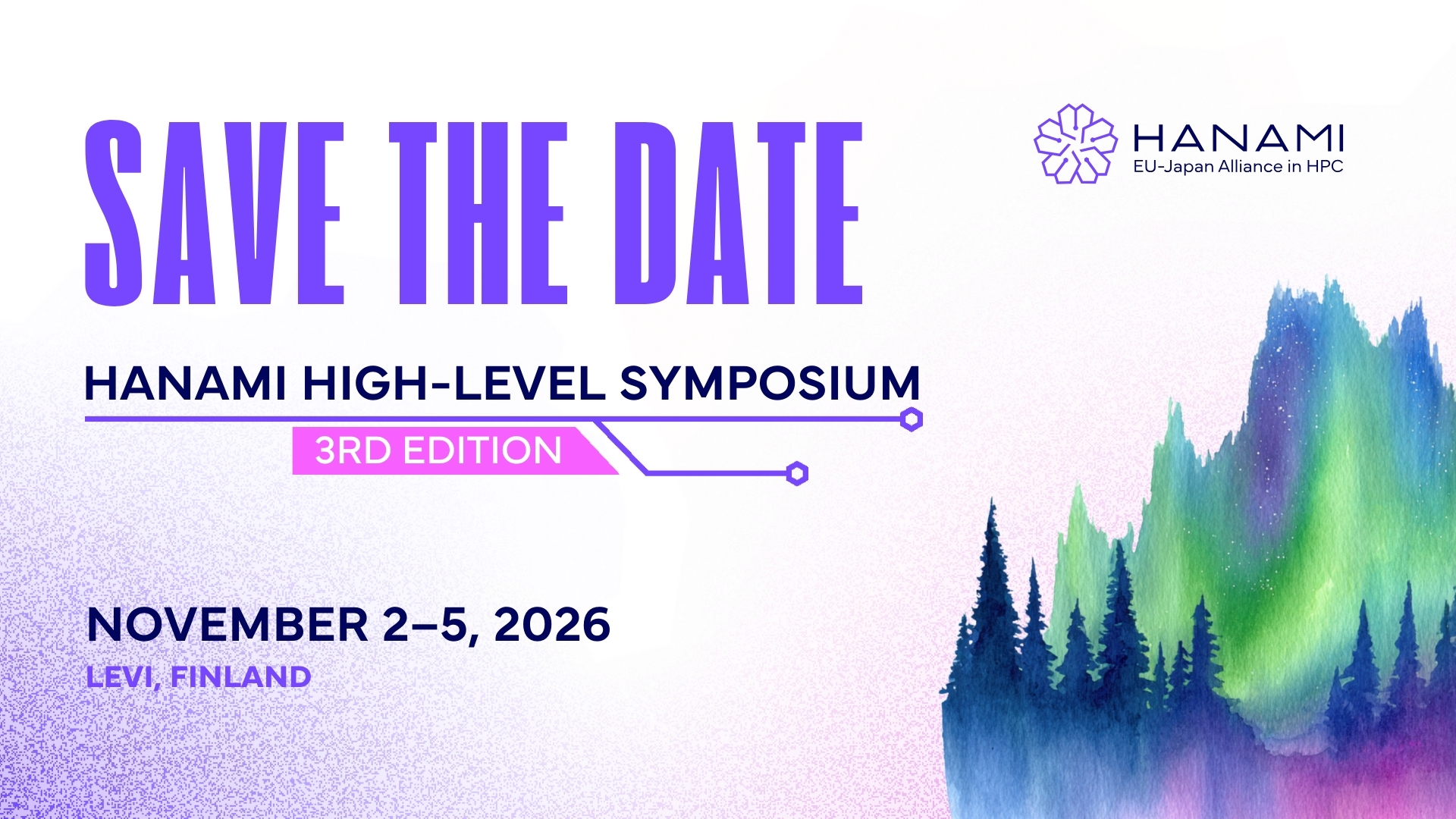Events
Information
Start:
2025/01/13
End:
2025/01/15
Location:
Hotel Ciudad de Castelldefels, Barcelona, Spain
HANAMI High-Level Symposium
The HANAMI project, the EU-Japan collaboration about HPC, is delighted to announce the first HANAMI High-Level Symposium, which will take place in Barcelona between 13-15 January 2025.
An initiative under the umbrella of the Digital Partnership, funded by the EuroHPC Joint Undertaking, to strengthen ties and advance collaboration between the two superpowers in High-Performance Computing (HPC), Europe and Japan, HANAMI wants to promote scientific areas around climate, modelling, biomedical and materials science, involving European and Japanese institutes, and it will assist researchers in accessing supercomputers in Japan and Europe.
This event will focus on the EU-Japan Cooperation: Advancing High-Performance Computing for Solving Global Challenges. We will also have a High-Level Stakeholder event on Europe-Japan Strategic Dialogue on High-Performance Computing Collaboration.
We invite you to join leading scientists from HANAMI to discuss the following:
Climate Change: Using supercomputing to model climate systems, predict environmental changes, and develop sustainable strategies.
Next-Generation Materials: Accelerating the discovery and design of advanced materials through computational simulations for energy, electronics, and industrial applications.
Biomedical Challenges: Enhancing personalised medicine, drug discovery, and healthcare solutions by integrating high-performance computing with biomedical research.
This event will feature keynote presentations and interactive discussions, providing a platform to strengthen synergies and shape the future of science and technology through EU-Japan cooperation.
Invited speakers
 Alfonso Valencia
Alfonso Valencia
Barcelona Supercomputing Center
Prof. Alfonso Valencia is an ICREA research Professor, Director of the Life Sciences Department of the Barcelona Supercomputing Center, Director of the Spanish National Bioinformatics Institute INB/ELIXIR-ES and coordinator of the data pillar of the Spanish Personalised Medicine initiative, IMPaCT. His research interest is the development of Computational Biology methods and their application to biomedical problems. Some of the computational methods he developed are considered pioneering work in areas such as biological text mining, protein coevolution, disease networks and more recently modelling cellular systems (digital twins). He participates in some of the key cancer-related international consortia. In terms of community services, he is one of the initial promoters of the ELIXIR infrastructure, founder of the Spanish and International Bioinformatics networks and former president of ISCB, the international professional association of Bioinformaticians. He is the Executive Editor of the main journal in the field (Bioinformatics OUP).
 Emmanuel Barillot
Emmanuel Barillot
Institut Curie
Emmanuel Barillot is the Head of the Department of Computational Oncology at Institut Curie (U900 INSERM, in partnership with Mines ParisTech). He is also the Scientific Director of the institute Curie Bioinformatics Core Facility, which is an expert in biological data integration, omics data analysis, and support for precision medicine. He also holds a Chair in Cancer Genomics at the Paris Artificial Intelligence Research Institute (PRAIRIE). Emmanuel Barillot has published ~250 articles in bioinformatics, genomics, systems biology, cancer biology, translational and clinical cancer research, biophysics and computer science.
 Mohamad Wahib
Mohamad Wahib
RIKEN Center for Computational Science
Mohamed Wahib is a team leader of the “High Performance Artificial Intelligence Systems Research Team” at RIKEN Center for Computational Science (R-CCS), Kobe, Japan. Prior to that, he worked as a senior scientist at AIST/TokyoTech Open Innovation Laboratory, Tokyo, Japan. He received his Ph.D. in Computer Science from Hokkaido University, Japan. His research interests revolve around the central topic of high-performance programming systems, in the context of HPC and AI. He is actively working on several projects including AI-based science, as well as high-level frameworks for programming traditional scientific applications.
 Masaki Satoh
Masaki Satoh
The University of Tokyo/Yokohama National University
Prof. Masaki Satoh is a Professor at the Atmosphere and Ocean Research Institute, The University of Tokyo, Japan, and also serves as Vice Director and Professor at the Typhoon Science and Technology Research Center, Institute for Multidisciplinary Sciences, Yokohama National University, through a cross-appointment. He specializes in atmospheric dynamics, tropical meteorology, climate change, and numerical modeling. A pioneer in global storm-resolving models, he has advanced weather and climate studies through the Nonhydrostatic Icosahedral Atmospheric Model (NICAM). His work emphasizes tropical cyclones, mesoscale systems, and satellite data analysis. Prof. Satoh has contributed as a Lead Author for the IPCC Sixth Assessment Report and holds key leadership roles in Japanese and international meteorological organizations, including the Meteorological Society of Japan and the Asia Oceania Geosciences Society.
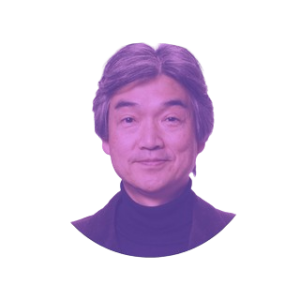
Koichi Yamashita
Yokohama City University
Dr. Koichi Yamashita received his PhD from Kyoto University in 1982 supervised by Prof. Kenichi Fukui、worked as a postdoctoral fellow with Prof. William H. Miller at the University of California, Berkeley for 1982-84, and moved to Okazaki in 1984 to join Prof. Keiji Morokuma’s group at the Institute for Molecular Science as a research associate in the theoretical research division. In 1991 he became a senior researcher at Institute of Fundamental Chemistry led by Prof. Kenichi Fukui. In 1994 he joined Prof. Kimihiko Hirao’s group as an associate professor in the Department of Applied Chemistry, the University of Tokyo; in 1997, he became a full professor, Department of Chemical System Engineering, Graduate School of Engineering, the University of Tokyo, and retiring in 2018. He is Emeritus Professor at the University of Tokyo and Specially Appointed Professor at Yokohama City University. His research interests include quantum reaction dynamics, non-adiabatic processes in condensed phases and modeling of energy conversion processes, such as artificial photosynthesis and photovoltaics.

Peter Dueben
European Centre for Medium Range Weather Forecasts
Peter is the Head of the Earth System Modelling Section at the European Centre for Medium Range Weather Forecasts (ECMWF) developing one of the world’s leading global weather forecast models — The Integrated Forecasting System (IFS). He is also a Honorary Professor at the University of Cologne. Before, he was AI and Machine Learning Coordinator at ECMWF and University Research Fellowship of the Royal Society performing research towards the use of machine learning, high-performance computing, and reduced numerical precision in weather and climate simulations. Peter is coordinator of the WeatherGenerator Horizon Europe project that aims to build a machine-learned foundation model for weather and climate applications and has been the coordinator of the MAELSTROM EuroHPC-Joint Undertaking project.

Rio Yokota
Institute of Science Tokyo
Rio Yokota is a Professor at the Global Scientific Information and Computing Center, Institute of Science Tokyo. His research interests lie at the intersection of high performance computing, linear algebra, and machine learning. He is the developer numerous libraries for fast multipole methods (ExaFMM), hierarchical low-rank algorithms (Hatrix), and information matrices in deep learning (ASDL) that scale to the full system on the largest supercomputers today. He has been optimizing algorithms on GPUs since 2006, and was part of a team that received the Gordon Bell prize in 2009 using the first GPU supercomputer.
 Núria López
Núria López
Institute of Chemical Research of Catalonia, Tarragona
Núria López obtained her BSC Chemistry (1995) and her Ph.D. degree in Theoretical Chemistry at the University of Barcelona, Spain (1999). Then she joined the Center for Atomic-scale Materials Physics led by Prof. Jens K. Nørskov (Denmark) as post-doctoral researcher. In 2005 she started her independent career at ICIQ. Her research group focuses on the study heterogeneous photo-electro-catalysis from a theoretical standpoint. In 2010 she was awarded an ERC Starting Grant (2010) and then a ERC Proof-of-concept (2015) by the European Research Council. She was awarded a “Prize for Excellence” by the Real Sociedad Española de Química in 2015 and participated in the consortium that won the RSC’s 2022 John Jeyes Award for sustainability. She has collaborated with several industries in Europe to leverage atomistic modelling, participated in more than 10 EU projects, and served in several committees in the European Union, including the most important supercomputing initiatives in Europe (being Chair of PRACE‘s Steering Committee and INFRAG (EuroHPC-JU)). Prof. López has an h impact of 85, has published over 300 published articles. She is a pioneer in the introduction of open data practices via ioChem-BD, the computational catalysis database developed at ICIQ.
 José Hugo García
José Hugo García
Catalan Institute of Nanoscience and Nanotechnology
José Hugo García is a theoretical physicist with a Ph.D. in Solid State Physics from the Federal University of Rio de Janeiro. He currently works at the Catalan Institute of Nanoscience and Nanotechnology as a Senior Staff member, conducting research in spintronics, quantum transport, and, more recently, heuristic methods and artificial intelligence for the development and optimization of two-dimensional materials. In 2022, he was awarded an ERC Starting Grant, which is currently underway, focusing on the development of 2D materials using machine learning-based optimization techniques for spin-orbit torque applications.
 Daniel Klocke
Daniel Klocke
Max Planck Institute for Meteorology
Daniel Klocke leads the group Computational Infrastructure and Model Development at the Max Planck Institute for Meteorology. He coordinates the development of the Earth System Model ICON, focusing on high resolution climate simulations and high performance computing. Until 2021, he was a research area director in the Hans Ertle Centre for Weather Research at the German Weather Service, developing high resolution atmospheric models to study atmospheric convection. Since 2018 Daniel Klocke co-chairs the Global Atmospheric System Studies panel of the World Climate Research Program’s core project GEWEX.

